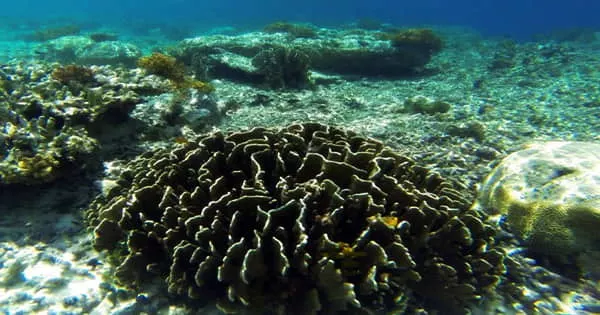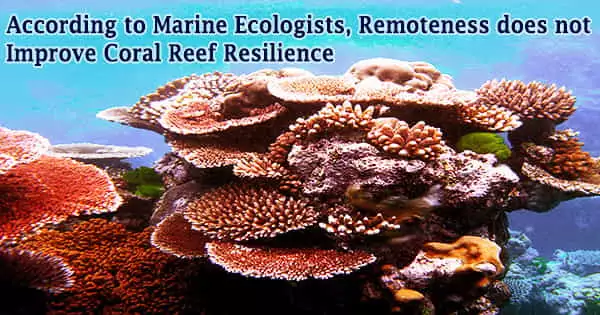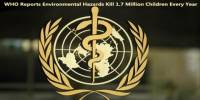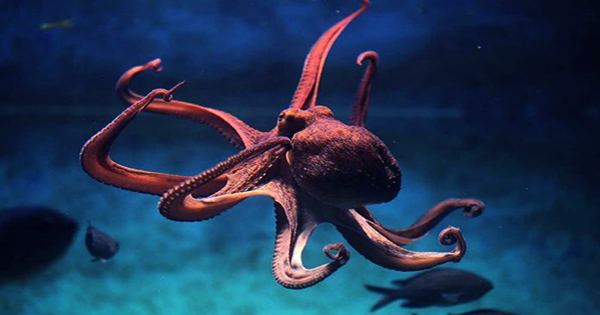There’s a widely held belief that coral reef resilience is linked to their distance from human activity. Corals are more likely to bounce back from disturbances the more removed they are from people.
“The idea is that these coral reefs might serve as arks, that they could harbor biodiversity and intact ecosystems,” said UC Santa Barbara marine ecologist Adrian Stier of these ancient and fragile colonial organisms, most of which are under threat both locally, as from destructive fishing practices, and globally, as from ocean warming and acidification. “The hope is that these isolated areas might serve as a safe haven and, in the future, potentially repopulate areas that have been degraded.”
Coral reef resilience refers to a reef’s ability to withstand or recover from damage while continuing to provide ecosystem goods and services. Reefs benefit from this resilience because it allows them to withstand and recover from big disruptions like strong tropical storms and widespread bleaching occurrences.
However, when Stier and colleagues tested that idea, they discovered it to be false. Regardless of how isolated particular coral communities were, they showed no more tolerance to acute perturbations than reefs with more human impact. And, contrary to popular belief, locations with higher levels of human development appear to recover from disturbances faster than their more isolated counterparts.

“As an ecophysiologist, I’m usually studying how one individual coral or a population of corals responds to stress,” said lead author Justin Baumann, a marine biologist at the University of North Carolina at Chapel Hill, and at Bowdoin College in Maine. “This study was a chance to zoom out and think globally about what drives coral resilience at much larger spatial scales and to really explore relationships between human influence and resilience globally.”
One reason we may be seeing higher resilience associated with higher human influence is a shift in coral population from competitive dominants to stress-tolerant and weedy genera due to previous disturbances. This shift, which is widely documented, can result in more coral cover, but loss of function on a reef.
Justin Baumann
Global Change Biology is the publication where their findings were published. Coral reef ecosystems are important ecosystems that offer a source of income, food, and coastal protection for millions of people. Recent studies have found that coral reef goods and services give a net benefit to economies globally of $30 billion per year.
People and Corals
According to Stier, the researchers’ findings refute the long-held belief that people are typically negative for ecosystems, and their findings have important implications for coral reef conservation and management.
“I got really curious about that idea because after working regularly for the past 15 years on coral reefs, I’ve seen these big changes happen to coral reefs seeing corals die, big thermal events, lots and lots of mortality,” he said.
But he’s also witnessed incredible comebacks, such as around the island of Mo’orea in French Polynesia approximately ten years ago, when a sea star epidemic wreaked havoc on the local coral reef ecosystems, which the local populace relies greatly on for food and money. Stier anticipated to see the biological groups that rely on corals for storm shelter and food to perish, but they were startled to see the reverse.
“Over the past 10 years or so, we’ve seen some of these ecosystems recover and evolve. In some areas corals have come back and repopulated the reef in an incredible way,” Stier said.
Is it true that remoteness promotes resilience if a place with a high human presence can reclaim its coral reefs?
Coral reefs are also among the world’s most endangered ecosystems. Bleaching, fishing, pollution, waste dumping, coastal development, sedimentation, SCUBA diving, anchor damage, predator outbreaks, invading species, and pandemic illnesses have all contributed to the degradation of coral reef health and resilience.
Today, an estimated 20% of coral reefs throughout the world have been destroyed, while another 26% are in risk of collapsing in the near future and another 26% are in danger of collapsing in the long term.
To discover out, the researchers dug into data from studies that tracked coral resilience and recovery following significant disturbances in hundreds of locations throughout the world, including the Caribbean Sea, the Indian Ocean, and the west and east Pacific Oceans. Coral resilience “varied greatly” between isolated, protected sites and areas with more intense human activity, according to the researchers.
“Some places get knocked down and stay down and other places get knocked down and get back up,” Stier said. “As scientists, we’re still trying to figure out what underlies that capacity to bounce back for some systems and not others.”
According to the researchers, resilience was “positively related with human impact” in several areas, which was an unexpected conclusion. It’s possible that the disruptions led in the swapping of one coral species for another, which would explain this contradictory outcome.
Coral reefs have existed for hundreds of millions of years in diverse forms. Even now, we can see how resilient they are in the face of disasters such as hurricanes, crown-of-thorns sea-star epidemics, and widespread coral bleaching.
“One reason we may be seeing higher resilience associated with higher human influence is a shift in coral population from competitive dominants to stress-tolerant and weedy genera due to previous disturbances,” Baumann said. “This shift, which is widely documented, can result in more coral cover, but loss of function on a reef.”
They also discovered that while some factors, such as pre-disturbance coral cover or co-occurring disturbances, contributed to coral’s ability to withstand or recover from disturbances, others, such as recovery time, travel time to the nearest human population, or marine protected area status, had no effect on recovery estimates.
But, as the researchers point out, that doesn’t mean we shouldn’t continue to strive to manage the human impact.
“It’s important for us to consider sustainably managing fisheries in an equitable way, and it’s important for us to think about land pollution in the ocean,” Stier said. “But we can’t rely on local management and preservation of remote areas to be this silver bullet that’s going to be our safeguard.”
For the environments, animals, and humans who live there, many initiatives to maintain local ecosystems and control human influence are critical. When it comes to coral reefs, however, we prefer to focus on local management strategies like fishing laws and marine protected zones.
“Those are great and needed, but we’ve seen again and again that globally it is climate change that is responsible for the brunt of the damage,” Baumann said. “We desperately need global scale decreases in greenhouse gas emissions likely to net zero to mitigate this stress.”
According to Lily Zhao, a UCSB graduate student researcher who studies social and ecological systems and is an author on this paper, such a global approach would necessitate a change in how coral reefs are managed in the ideal, in a way that spreads the conservation work more equitably between the often poorer nations that are more acutely feeling the effects of global warming-driven marine events and the richer countries that contribute the majority of greenhouse gases to the atmosphere.
“Marine conservation has a history of using spatial exclusion and protected-area designations to separate local communities from their reefs and culture, often in ways that have benefited white people,” Zhao said.
“While international conservation practices are improving, it is still common for Western institutions and funding agencies to tell communities in the tropics how to manage their reefs using power or money.”
“Our findings allude to the idea that even if we removed local human stressors from a lot of these reefs, it still wouldn’t be enough,” she added. “To protect coral reefs, I think we should be spending less time telling coral reef-dependent nations what to do with their resources and more time supporting their adaptation and advocating for drastic emissions reductions from the high-income countries that have caused the climate crisis.”
















